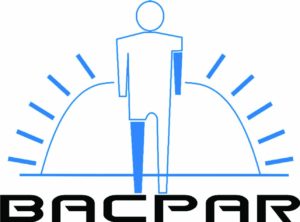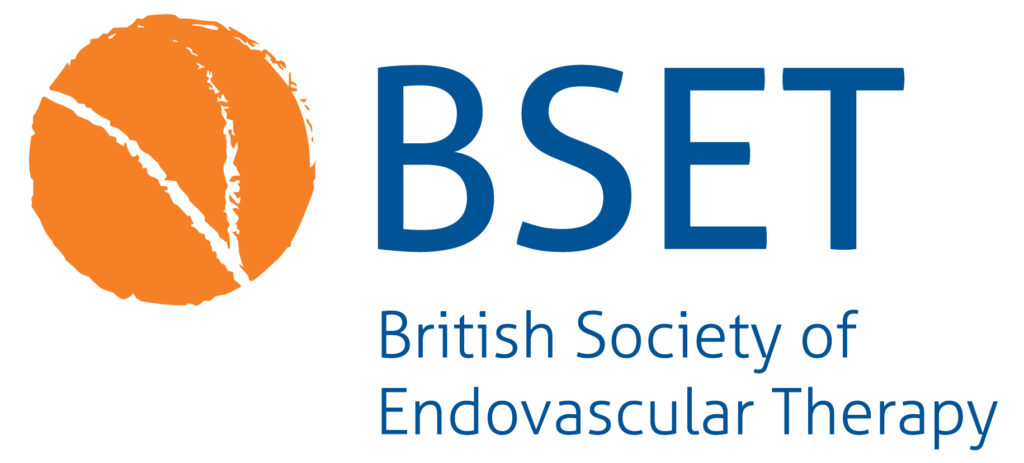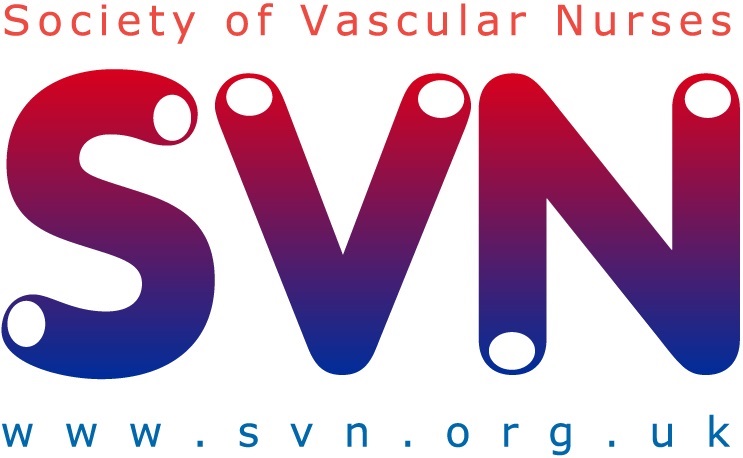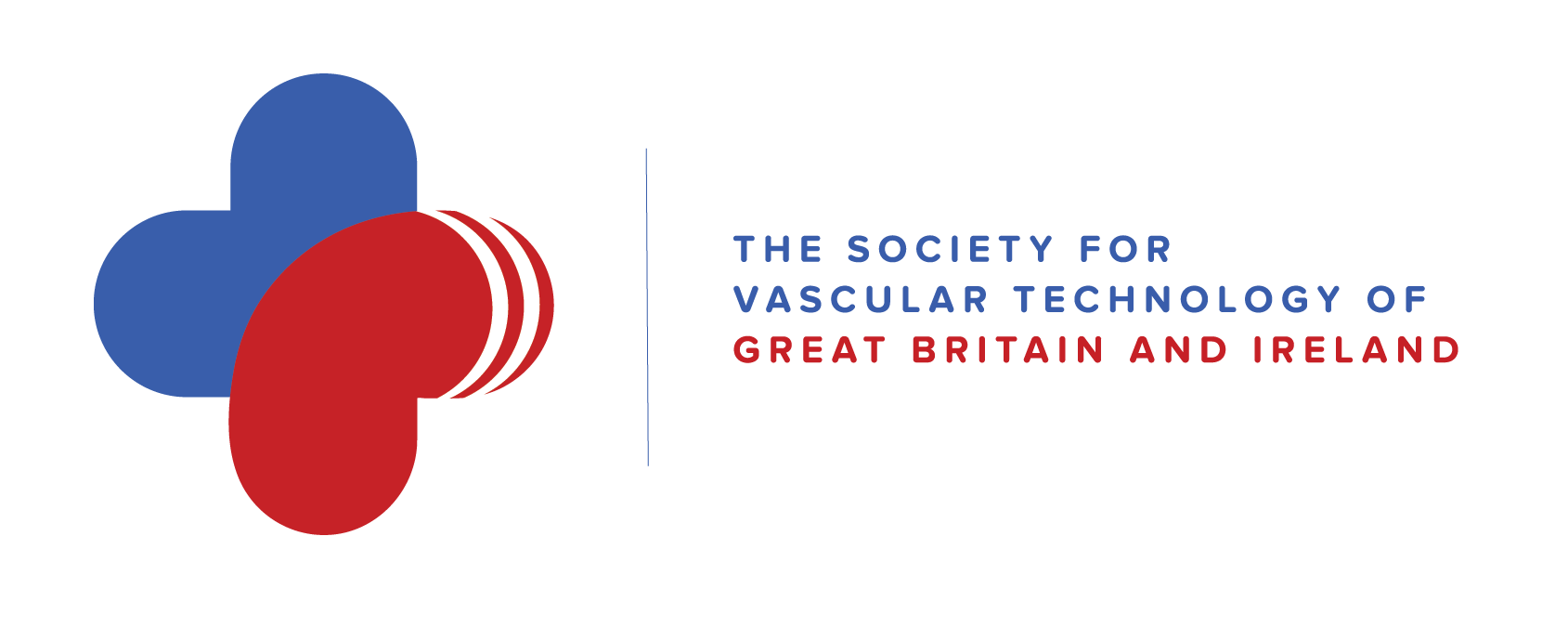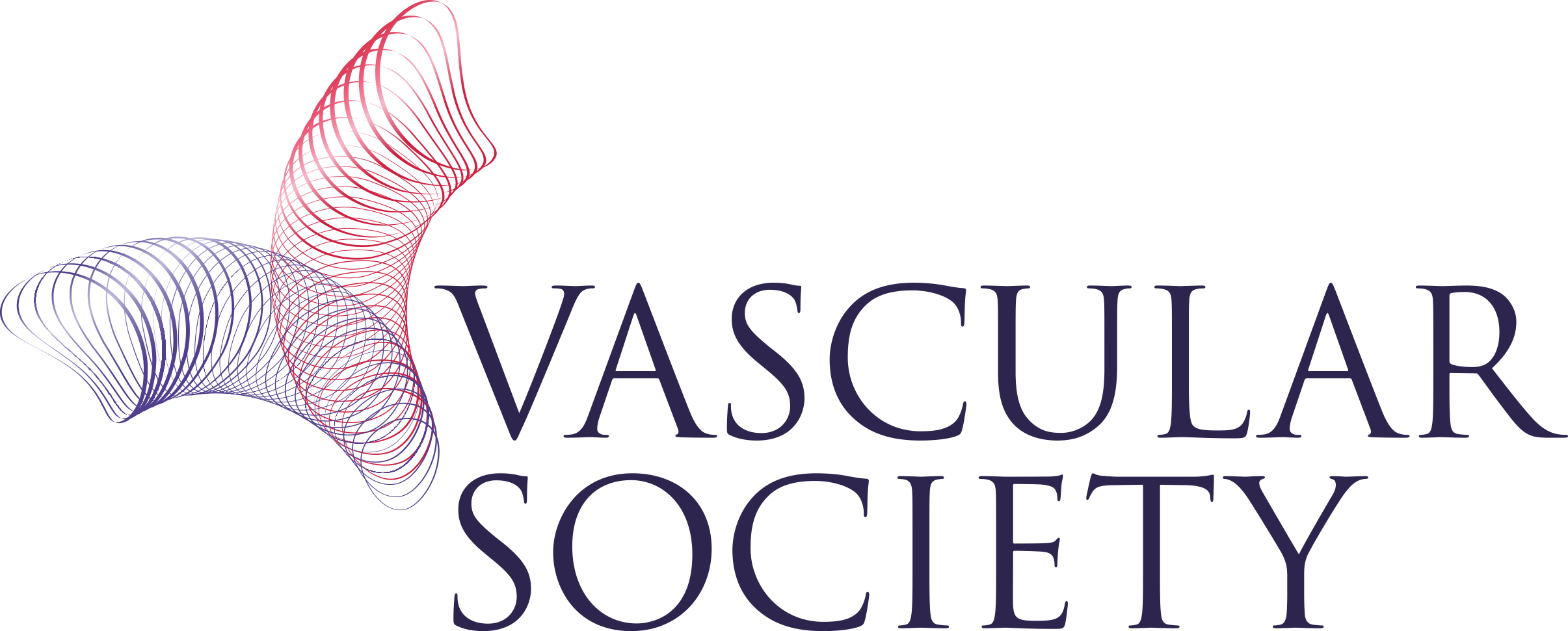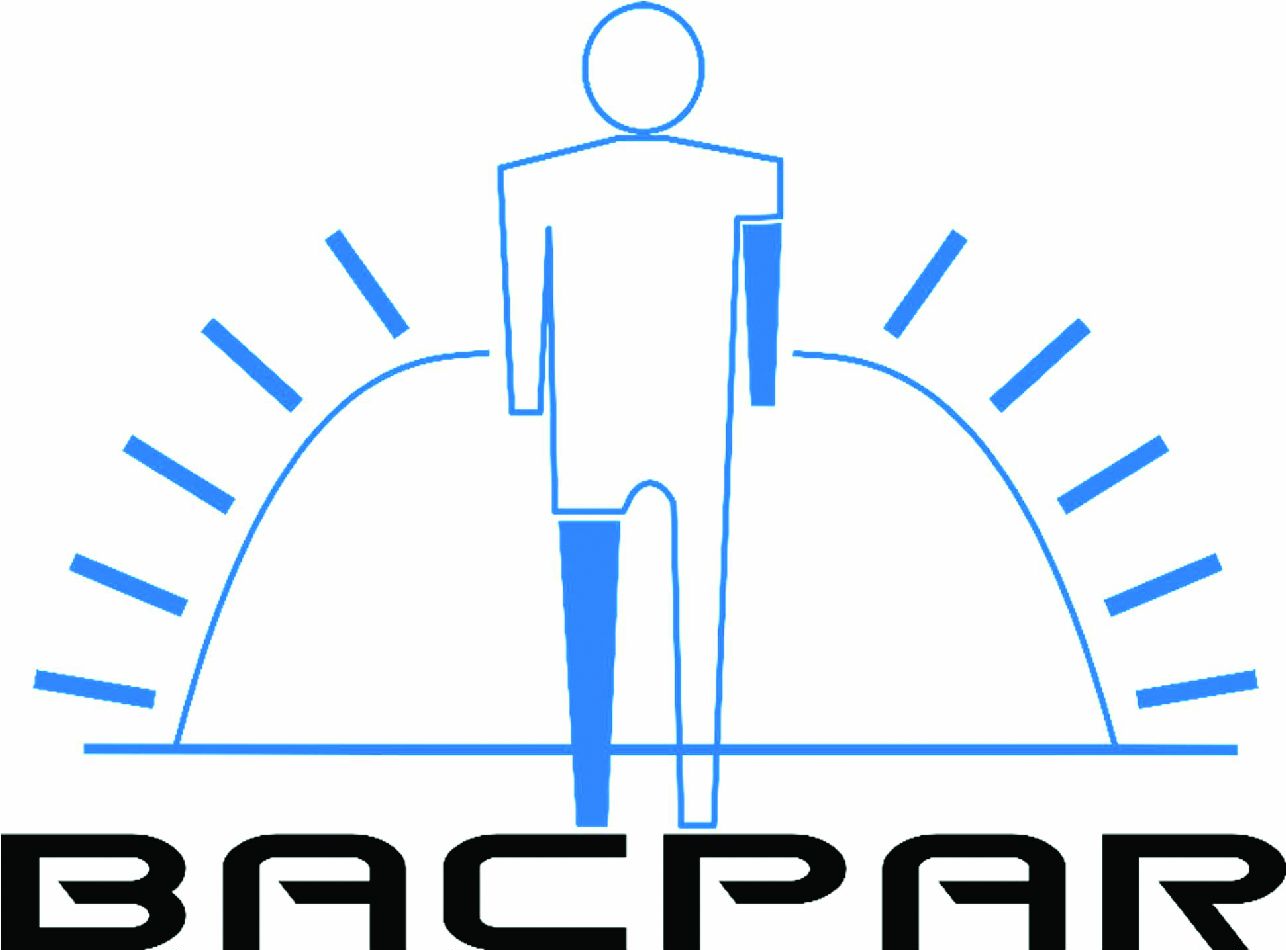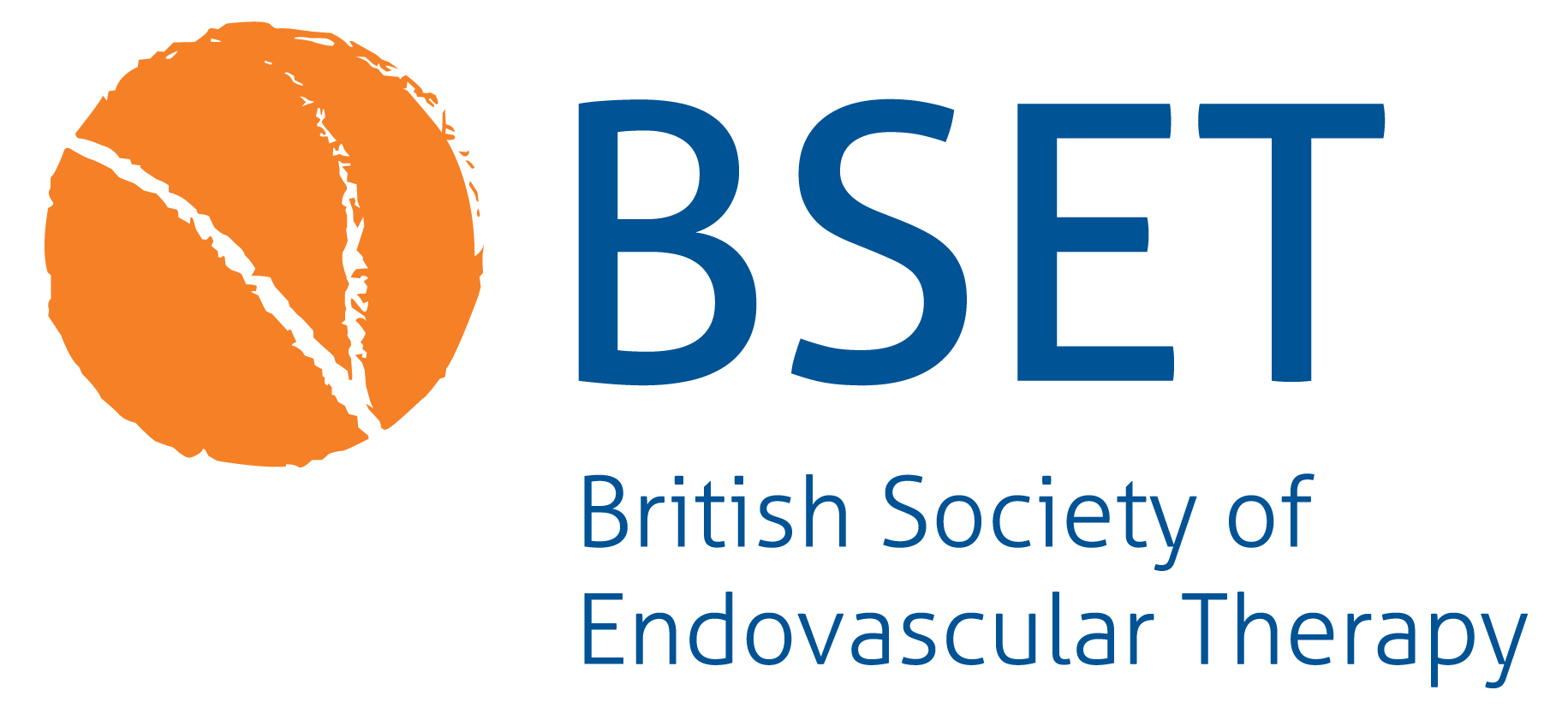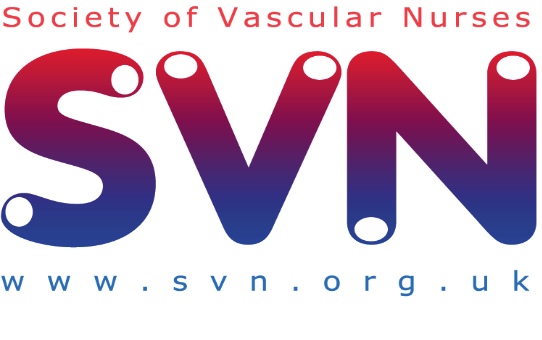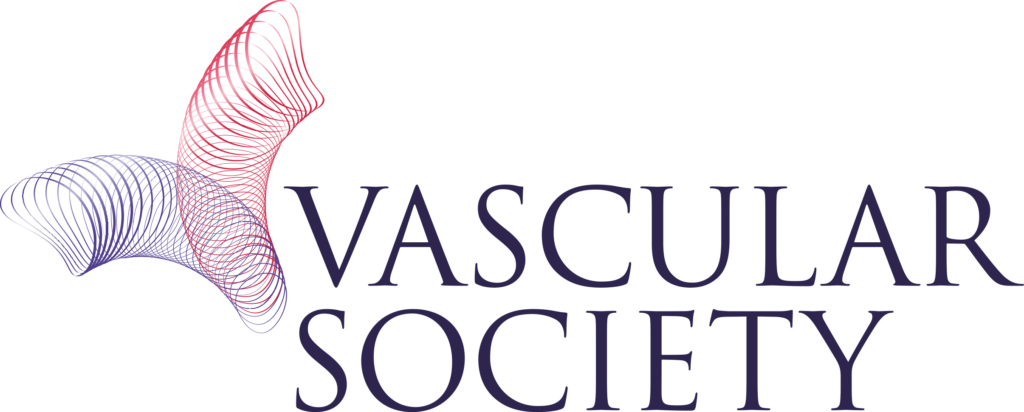UPDATES FROM THE VASCULAR SOCIETIES
British Association of Chartered Physiotherapists in limb Absence Rehabilitation. (BACPAR)
www.bacpar.org | @BACPAR_official
The BACPAR Executive committee met as planned in March 2024. The network's objectives for the coming year have been agreed and shared with the membership.
The progress against the same will be reviewed at the next Committee meeting in September.
BACPAR has begun its preparations for the 2024 ASM in Brighton - we welcome abstracts regard all relevant areas of pre and post-operative amputation rehabilitation.
Our ASM committee represents in and outpatient rehabilitation services and the aim is to bring a program together that has items of interest for all the membership.
Dr Miranda Asher will continue to represent BACPAR on The Journal of the Vascular Societies Great Britain and Ireland editorial board as part of her role as one of BACPAR’s research officers.
The BACPAR 2024 Spring Journal has been published and disseminated per members' choice (paper or digital), it includes feedback from member experiences of Dublin 2023 and highlights of knowledge gained from the same.
BACPAR looks forward to continued collaboration with the Vascular Societies in research, education, service development and patient information.
Louise Tisdale
BACPAR Chair
The British Society of Endovascular Therapy (BSET)
www.bset.co.uk | @BSETnews
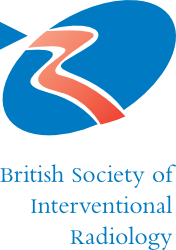 British Society of Interventional Radiology (BSIR)
British Society of Interventional Radiology (BSIR)
www.bsir.org | @BSIR_News
 Rouleaux Club
Rouleaux Club
www.Rouleauxclub.com | @RouleauxClub
The last few months have been a busy time for the Rouleaux Club, helping to deliver numerous educational events and represent the views of vascular trainees on national discussions, particularly surrounding the role of the extended surgical team and medical associate professions roles.
From an educational perspective the association has run several successful ‘hands-on’ practical skills courses for medical students and junior doctors at both the Association of Surgeons in Training (ASiT) and Charing Cross conferences. The association was also delighted to once again work with the RCSEd to deliver the ‘So you want to be a vascular surgeon?’ course in April. These courses continue to be well subscribed and are a brilliant way of inspiring the next generation of vascular surgeons. Thanks goes to all those who have volunteered as faculty and to numerous industry partners who are essential to the running of these courses.
Moving forward the Rouleaux Club is working in conjunction with the Vascular Society to recognise excellence in training, something which has historically not been sufficiently championed. To this end, a trainer of the year award has been created to recognise and champion the individual who goes above and beyond to promote the teaching and training of vascular surgeons. Named in honour of Dame Averil Mansfield, nominations for the award will be opening shortly, with the Rouleaux Club undertaking a rigorous shortlisting and interview process to identify a winner. It is planned that the inaugural winner will be announced at the forthcoming VS ASM.
The Rouleaux Club has also been active in representing the views of trainees in the debate about the function and role of the ‘extended surgical team’ and ‘medical associate professions’. This is a sensitive topic but is a cause for concern for many trainees across all surgical specialities. The associated has represented the views of trainees directly to the Vascular Society, as well as the ‘Federation of Surgical Specialty Associations’ and the Royal Colleges, alongside ASiT, and continues with work to make sure training is maintained, whilst acknowledging the important role of the extended surgical team in modern vascular surgical practice.
Andrew Nickinson
Rouleaux Club President
Society of Vascular Nurses (SVN)
www.svn.org.uk | @vascularnurses
The committee continues to work hard behind the scenes and February was the first of the joint open council meetings with the Vascular Society, BACPAR and SVT. This meeting kick started the joint societies conference planning and at the end of February in our own committee meeting, the SVN began to detail symposia for our part of the conference.
Recently we met with the Aortic Dissection Charitable Trust. They have offered our members places at an educational event hosted by the charity on June 7th 2024 in London. It looks to be a fabulous programme with experts in the field from across the world sharing their wealth of knowledge. There is no cost to attend and there are travel bursaries available. We hope to strengthen links with the charitable trust moving forward.
In March, Siobhan and I headed to London to represent the SVN in Parliament at the Venous and Vascular APPG. A great opportunity to raise awareness of the devastating effects of vascular disease among those who have influence and network with colleagues.
Vascular Matters, 2nd edition of the year is going out to members in May, we use this forum to advertise up and coming events, highlight clinical trials and share good practice.
Looking ahead, June is a busy month. We are currently putting together a symposium for the Venous Forum. Webinars in June include those for legs matter awareness week and we have an evening event planned for 17th June, dispelling the myths around venous disease.
In July, there is of course the joint VS and SVN summer symposium. It is a free online event. We would ask that you point your vascular ward colleagues towards this event.
Jane Todhunter
SVN President
Society for Vascular Technology of Great Britain and Ireland (SVT)
www.svtgbi.org.uk | @svtgbi
Vascular Anaesthesia Society of Great Britain & Ireland (VASGBI)
www.vasgbi.com | @vasgbi
The Vascular and Endovascular Research Network (VERN)
www.vascular-research.net | @VascResearchNet
The Vascular Society for Great Britain and Ireland
www.vascularsociety.org.uk | @VSGBI
The joint themes for the 2024 Society’s ASM are ‘Complex teams’ and ‘Sustainability’. The ASM in Brighton will formally open with a joint Allied Vascular Society’s session on the management of the diabetic foot. ‘Doing more with less’ might be a more immediate theme cutting across all surgical specialities. NHS resources are increasingly stretched; NHS staff are reporting high levels of burnout; and some are seeking careers outside the NHS. These pressures are reflected in delays to treatment and the inevitable impact of this on disease severity and treatment complexity. So why focus on complex teams and sustainability?
The needs of people with vascular disease are too complex for care delivery by a single healthcare professional. Multidisciplinary teams (MDTs) are key to delivering safe and effective patient care. RCS England and Health Education England (HEE) describe the Extended Surgical Team that comprises consultants, trainees, nurses, allied healthcare professionals (AHPs) and medical associate professionals (MAPs).
The Vascular Society is working with the Surgical Royal Colleges and Federation of Surgical Specialists (FSSA) to develop curricula and scope of practice for Physician Associates (PAs). This work is urgent as the NHS Long Term Plan includes a significant expansion in PA numbers. We currently have a small number of PAs working in vascular surgery and interventional radiology. They are valued members of their local teams.
As a speciality, we have an opportunity to define the scope of PA roles within our services. This is initially likely to be ward and outpatient based, taking on roles traditionally done by doctors in training but which can be safely delegated – preparing for ward rounds, ward-based investigations (ie, cardiovascular risk factor assessment, taking blood, measuring ABPIs), organising preoperative workup (ie, booking appointments, completing waiting list bookings), booking follow-up and clinical governance activity (ie, preparing cases for presentation at M&M meetings). If planned well, freeing medical colleagues for training opportunities. Tasks that currently cannot be delegated to PAs are prescribing, requesting of ionising radiation and writing discharge summaries. This may change once PAs come into regulation by the General Medical Council (GMC) at the end of 2024. To help inform the Society’s position, a questionnaire on the scope of PA practice will go out soon to members.
The culture within a team is as important as its members. It was shocking to read examples of harassment and bullying within surgery, most distressingly the Survey of sexual harassment published in the British Journal of Surgery in 2023. PAs have been threatened by the response from doctors to government plans to expand their numbers. Some social media content has been inappropriate and offensive posts have been directed at individual PAs.
Only with adequately staffed and well organised multi-professional teams, with shared aims, and in which people feel comfortable and energised to work, will services deliver high quality patient care. Proper resource planning, recruitment and retention, positive team and organisational cultures and respect for each other’s roles are key to achieving these aims.
The most sustainable way to deliver healthcare is through self-care and prevention. These initiatives can also deliver greatest patient benefit. We know from the delivery of supervised exercise programmes (SEPs) how difficult this can be within current NHS models of funding. It is too early to say how devolving budgets to Integrated Care Systems (ICSs) will be a positive change, but hopefully Manchester provides an exemplar model for amputation prevention which others can follow (MARS Project).
Vascular and endovascular surgery are both heavily dependent on medical devices. These devices are often single use. Medical devices have a large carbon footprint from manufacture and transport costs. Few components are recycled. Patients need long-term surveillance and a high proportion have reinterventions. Both have an environmental impact, with the impact of travel made greater by networked models of care.
The challenge is how does vascular surgery, as a small surgical speciality, exert influence in this area? For any impact in this area, we will need to work with our partners including patients, patient groups, charities, provide organisations, commissioners and industry.
Surgery will never be carbon neutral but, with better prevention, pathway redesign, a focus on eliminating waste, evidence-based treatment and reducing unwarranted variation, we can reduce current resource usage. By doing this we protect both our services and our patients.
Other updates
Superficial venous interventions: The ideal team to perform endovenous procedures will be a focus of debate at the Venous Forum meeting in June ‘Developing a Venous Service for the Future’. The Vascular Society has convened a working group, chaired by Paddy Coughlin, with multi-professional involvement, to build a consensus on venous interventions.
Aortic dissection: The implementation of standard operating procedures (SOPs) for acute aortic dissection is on target in England. Regions will have an SOP with a single point of contact to ensure that people diagnosed with an acute aortic syndrome receive timely specialist management, including adult critical care transfer to a specialist aortic centre.
NHS England (NHSE) have recently confirmed funding for the NIHR EARNEST trial (Colin Bicknell, Imperial College, London) of early stenting to prevent later aneurysmal dilatation. The National Vascular Registry (NVR) has been approached to partner in the trial.
Data on aortic dissections in England from 2017 to 2023 are being made available on a National Consultant Information programme (NCIP) dashboard (see below to register).
MHRA revise advice on use of paclitaxel DCB/DES: In 2018, a mortality signal was reported by a systematic review and meta‐analysis of patients treated using paclitaxel for intermittent claudication and chronic limb-threatening ischaemia (Katsanos et al, 2018). In 2022, the MHRA issued advice restricting the use of these devices and advising patients be contacted to inform them of this risk.
Based on a review of new evidence in 2023 and following the FDA’s removal of restrictions to use, the MHRA has also removed all restrictions on the use of these devices (DSI/2024/001). Vascular services should now inform patients that the concerns have been dismissed and that paclitaxel devices have returned to routine use.
Outcomes and Registries Platform (ORP): This is the NHSE platform for recording of all NHS medical device implants introduced in response to the Cumberlege report. Since January 2023, NHSE – not the Health Quality Improvement Partnership (HQIP) – is the data controller for all NHS medical device data. The NVR held a separate contract with NHSE to continue aortic device capture in 2023. This contract has not been extended. Contract negotiations are ongoing and promising but, to date, whilst data collection continues through the NVR platform, this data is held by the ORP and is not available for processing by the NVR team. The Vascular Society, NVR Board and the ORP Steering Board, led by Jon Boyle, are keen to resolve this issue soon as processing this data is important to protect patient safety.
National Consultant Information Portal (NCIP): NCIP provides consultants and providers in England with 23 dashboards of vascular activity using HES data on the Model Health System. This data is extremely helpful for appraisal and revalidation. If you work in England and have not registered for an NCIP account, then you are encouraged to do so now (email your request to [email protected]).
Provision of Vascular Services (POVS) 2024: The Vascular Society recommendations from 2021 for the safe and effective provision of vascular care have not changed. However, not all the POVS 2021 recommendations have been implemented into UK clinical practice. POVS 2024 will therefore take a different approach, reinforcing the POVS 2021 recommendations and focusing on seven key areas which influence patient care: (1) people, teams and culture; (2) demand and capacity; (3) variation; (4) sustainability; (5) person-centered care; (6) outcome reporting; and (7) research and innovation. Our aim is that this approach will lead to transformational change, the adoption of best practice and new ways of working.
Charing Cross Vascular Symposium 2024: This was the first Charing Cross International Vascular Symposium without Professor Roger Greenhalgh. Andrew Garnham, Rachel Bell and I represented the Society at a memorial service for Professor Greenhalgh in Westminster Abbey on Monday 22 April.
Marcus Brooks
Honorary Secretary, Vascular Society
[email protected]
Article DOI:
Journal Reference:
J.Vasc.Soc.G.B.Irel. 2024;3(3):186-188
Publication date:
May 23, 2024

